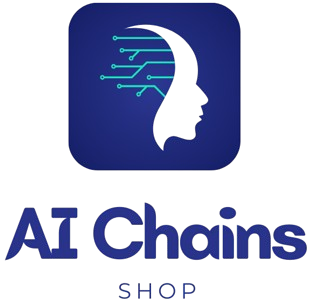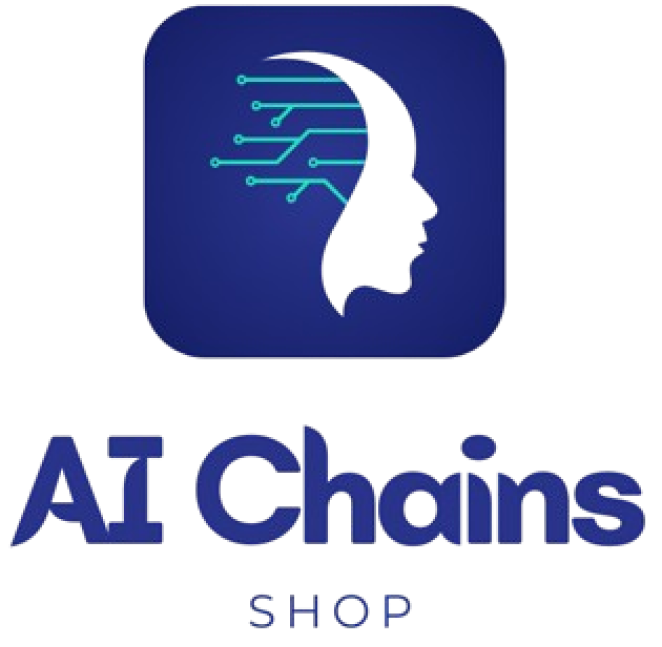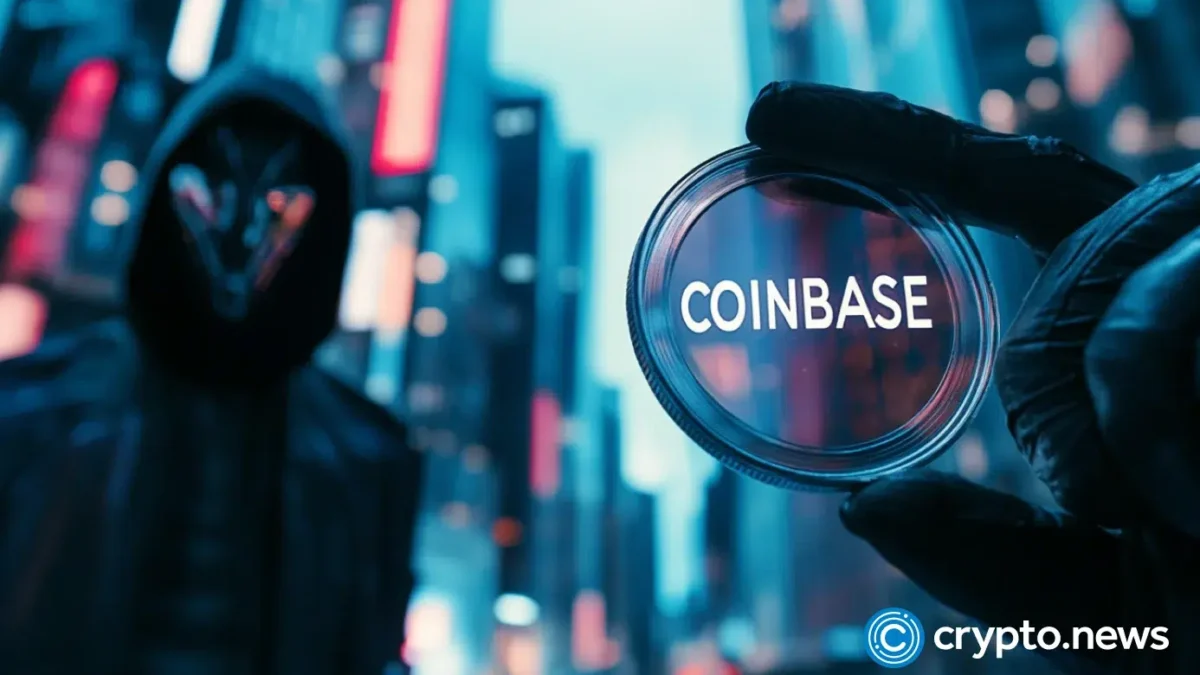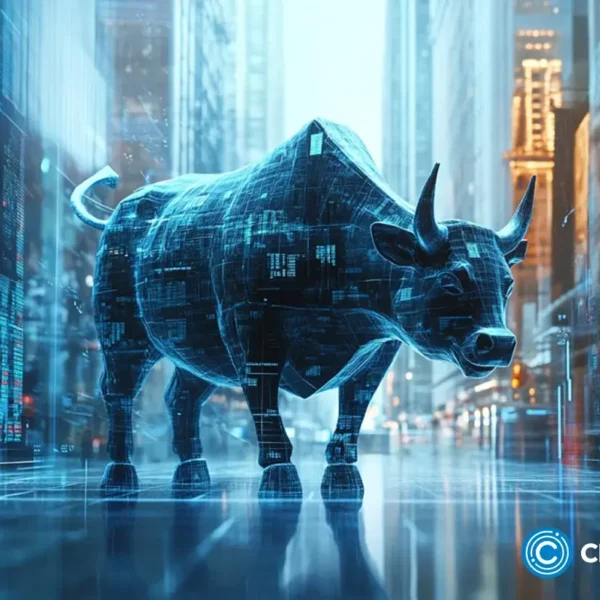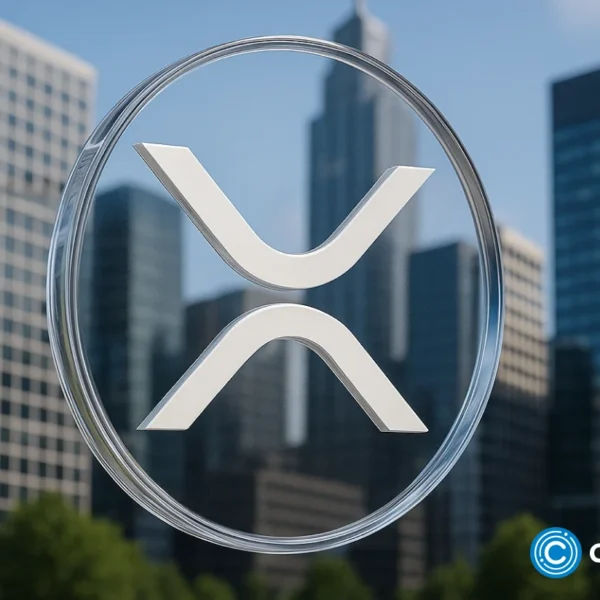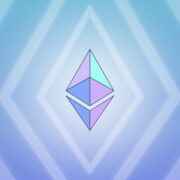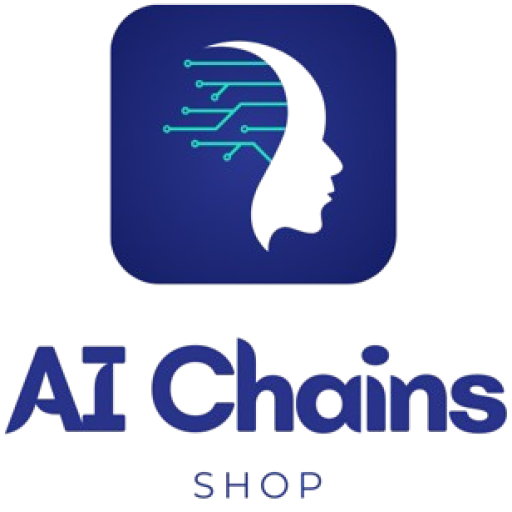Upbit unveils GIWA, a fast Ethereum Layer 2 with 1-second blocks

The choice of a layer-2 network for South Korea’s largest exchange is a testament to Ethereum’s central role in the DeFi space.
Summary
- South Korea’s largest crypto exchange is launching its own network
- Giwa network will be a layer-2 chain, built for fast speeds
- Upbit dominates South Korea’s crypto market with 73.4% of volumes
South Korea’s largest crypto exchange, Upbit, has officially stepped into blockchain infrastructure. On September 9, the exchange launched GIWA Chain, an Ethereum layer-2 network built on the Optimism OP Stack. The launch was announced at the Upbit D Conference (UDC) in Seoul after teasers in the days leading up to the event.
Giwa Network will feature one-second block times and EVM compatibility. At the same time, the network will leverage Ethereum to secure transactions. This enables the network to offer faster transactions while ensuring it is secure against attacks. Its name, Giwa, comes from traditional Korean roof tiles and symbolizes scalability.
In addition to Giwa Network, Upbit also unveiled a Giwa wallet, which will feature support for some of the larger EVM-compatible networks. The exchange will also launch a developer sandbox with full documentation in English and Korean to help developers build on the chain.
Upbit dominates Korea’s CEX market
Upbit is a dominant player in the South Korean crypto market. In 2024, the exchange accounted for 73.4% of trading volume on CEXs, processing $2 to 4 billion in daily volume. The exchange also has 8 million users, most of them in Asia.
Upbit was gearing up for a big reveal in the days ahead of the announcement. As reported by several sources, Dunamu, its parent company, filed for a Giwa trademark. Upbit also set up a timer on the Giwa website counting down to the launch. Still, earlier reports by Cointelegraph that the network would be a layer-1 chain turned out to be incorrect.
